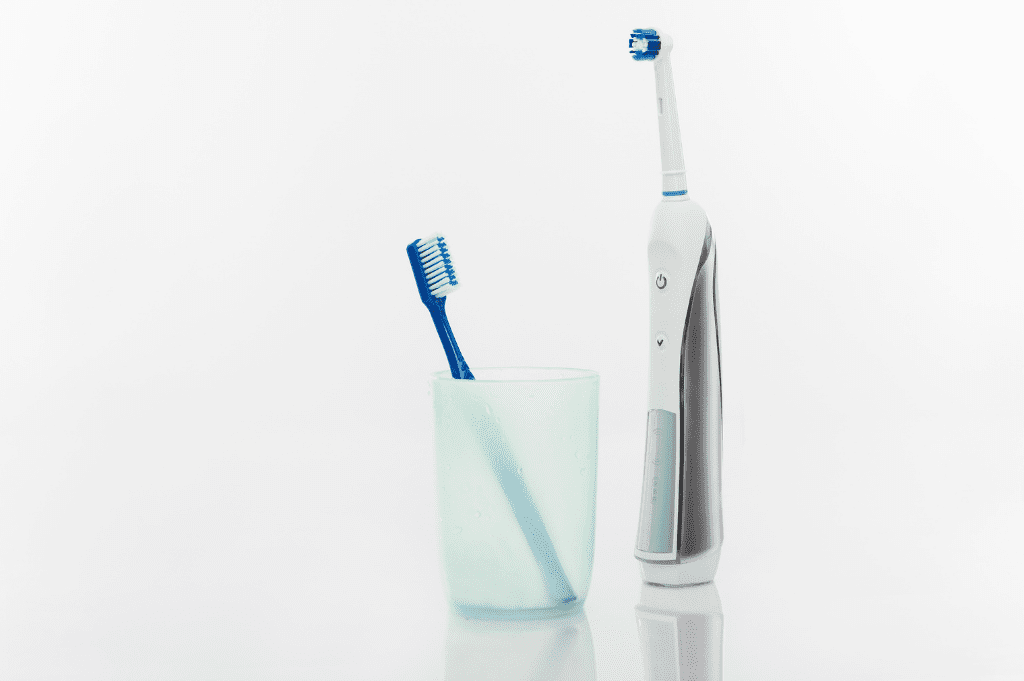Are you in the market for a new toothbrush? Are you having a hard time deciding between manual, electric or even the type of bristle you should use? Good oral healthcare begins with regular brushing and flossing, but which toothbrushes are the most optimal? In this blog, I will go over which types of toothbrushes are the best and the reasons why.
Soft bristle toothbrushes
This is the most common type of toothbrush and the most recommended by dentists. Soft bristle brushes are considered safer because they are easier on the gums, and are very unlikely to damage the root surface and tooth enamel. Whether you brush vigorously or softly, this type of toothbrush is your best bet.
Medium and hard bristle toothbrushes
These types of brushes are sometimes advertised as being better at cleaning teeth, but that’s not really the case. The margin of error and rate of potential damage to your gums and tooth enamel is much higher when using hard-bristled toothbrushes. This can lead to further problems down the road. The only people who should even consider these types of toothbrushes are individuals who do not have the ability to brush their teeth harder due to strength issues or mobility issues.
Manual vs Electric
Electric toothbrushes
The rising popularity of electric toothbrushes over the years has made them the more common choice for people looking to make a switch. Electric toothbrushes provide several advantages over manual brushes. For starters, an electric toothbrush does all the work for you. Some brushes even come with different power levels, so you can adjust the speed and strength of the brushing movement. Additionally, some electric toothbrushes come with a flexible handle, allowing the user to angle their toothbrush easily. Children may also find electric toothbrushes more fun and interactive as various models play songs, look stylish and overall more appealing.
Manual toothbrushes
The tried and true manual toothbrush is still a popular option for many. A big selling point for manual toothbrushes is the feeling that you’ve got more control over the brushing process, such as the amount of pressure applied to your teeth. This can be helpful for people with sensitive teeth and/or gums, as they may find electric toothbrushes too aggressive for them. You can also choose the option between having a large, medium, or small toothbrush head, hard or soft bristles, and whether you want a tongue scraper on the back of it.
What about the price?
The price point is definitely higher with electric toothbrushes, with some even going for up to $1000. Dentists recommend changing your toothbrush or brush head every three months. Although you can purchase replacement heads for some electric toothbrushes, manual ones are always going to be cheaper. Your choice should depend on how good of a brusher you are and what you are willing to spend on your oral health.
Your oral healthcare routine
At the end of the day, whether you have a soft or medium bristle toothbrush, an electric one or a manual one, stick to a regular oral healthcare routine. Ask your dentist at your next checkup if you should be using a particular type of brush based on your specific oral health needs. At Collingwood Dentistry, Dr. Salyani performs various assessments on new patients to determine what specific issues need to be addressed. Brushing techniques and choice of toothbrush are always at the top of the list.

